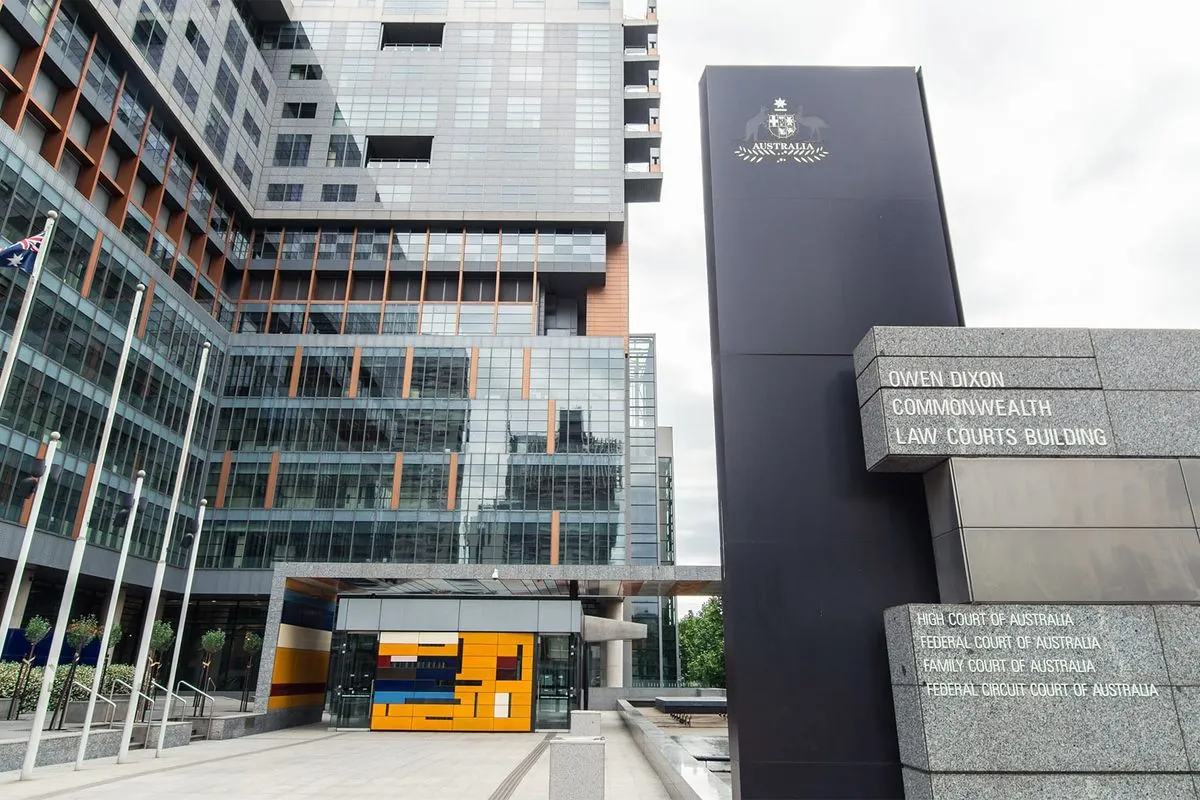Australian Court Rules Sex "Changeable" in Landmark Transgender Case
An Australian federal court has ruled that sex is "changeable and not necessarily binary" in a discrimination case involving a transgender woman and a women-only app, marking a significant decision on gender identity rights.

In a landmark decision, an Australian federal court has ruled that sex is "changeable and not necessarily binary," marking a significant development in transgender rights. The case involved Roxanne Tickle, a transgender woman, and a women-only app called "Giggle for Girls."
Tickle, who has identified as a woman since 2017, sued the app after being blocked from using it. The court awarded her £5,000 in damages, finding that while she had not experienced direct discrimination, she was a victim of indirect discrimination.
This ruling represents the first time Australia's federal court has addressed the contentious issue of gender identity discrimination. Federal Court Justice Robert Bromwich stated that case law has consistently found sex to be changeable and not necessarily binary.

The case highlights the ongoing debate surrounding gender identity and women-only spaces. Tickle downloaded "Giggle for Girls" in 2021, successfully joining after uploading a selfie analyzed by gender recognition software. However, her membership was revoked seven months later.
"A small group of people have taken it upon themselves to declare that I am not who I know I am, and they have set about making my life miserable. This case, and the unlawful and discriminatory exclusion from the Giggle app, has stolen the last three years of my life."
The app's founder, Sall Grover, who describes herself as a "trans-exclusionary radical feminist" (TERF), argued that men cannot change their biological sex. The term TERF, coined in 2008, is considered by many to reflect views hostile to transgender individuals.
This case reflects broader societal changes in Australia. The country legalized same-sex marriage in December 2017 and elected its first transgender member of parliament in 2016. Australia has been progressively addressing LGBTIQ+ rights, with the Australian Human Rights Commission beginning to tackle these issues in 2008.
The ruling also underscores the evolving legal landscape regarding gender identity. Australia introduced guidelines for recognition of sex and gender in 2013 and amended its Sex Discrimination Act to include gender identity protection. Since 2011, Australia has allowed gender marker changes on passports without requiring surgery.
While this decision marks a significant step for transgender rights in Australia, it also highlights the ongoing challenges faced by the transgender community. The case demonstrates the complex intersection of identity, discrimination, and the concept of safe spaces, which originated in the women's movement of the 1960s.
As society continues to grapple with these issues, this ruling may have far-reaching implications for future cases involving gender identity and discrimination in Australia and potentially beyond.


































